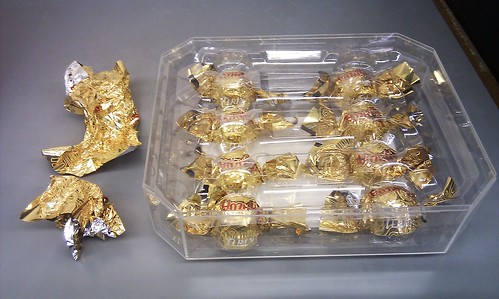Today's content might be
controversial. Get ready. I want to talk about "
appeal" and "
claim".
- controversy 論, 繋争, 争論, 論争 (definition from jmdict)
These words are often confused by Japanese, mostly because they have been adopted into Japanese with meanings which are slightly different from their English meanings.
Someone told me:
× Chinese appeal their country is a developed one.
◯ Chinese claim their country is a developed one.
We can say:
× Chinese claim about Japanese policy.
◯ Chinese complain about Japanese policy.
× Taiwanese claim to the world to recognize them as a country.
◯ Taiwanese appeal to the world to recognize them as a country.
◯ Taiwanese claim they are an independent country, but China disagrees.
Here are the definitions of "
appeal" and "
claim" from Eijiro on the Web; check their site for the examples:
appeal
- 注意{ちゅうい}を喚起{かんき}する
- 援助{えんじょ}を求める、懇願{こんがん}する、訴える、要請{ようせい}する、頼む
- 気に入る、興味{きょうみ}をそそる、魅力{みりょく}がある
- 上訴{じょうそ}する、抗告{こうこく}する
- 抗議{こうぎ}する
claim
- 〔証拠なしに~が本当であると〕主張{しゅちょう}する、言い張る、断言する
- 〔当然のこととして~を〕要求{ようきゅう}[請求{せいきゅう}]する、求める
- 〔~の所有権を〕主張{しゅちょう}する
- 〔命を〕奪う
- 〈主に英〉〔賞品などを〕獲得する
- 〈主に英〉〔人の注意を〕引く
I talked about "
appeal" back in January. Check this post:
http://upgradeenglish.blogspot.com/2010/01/appeal.html
I took this photo last night at a performance of my friend's band. The name of the band is ギロチン工場. I'd like to
appeal to you to catch one of their performances if you are into noise rock. I cannot
claim that this is a good photo, but it's the best my phone could do.
Somehow I've never talked about "
claim", though! OK, there's the next post.






